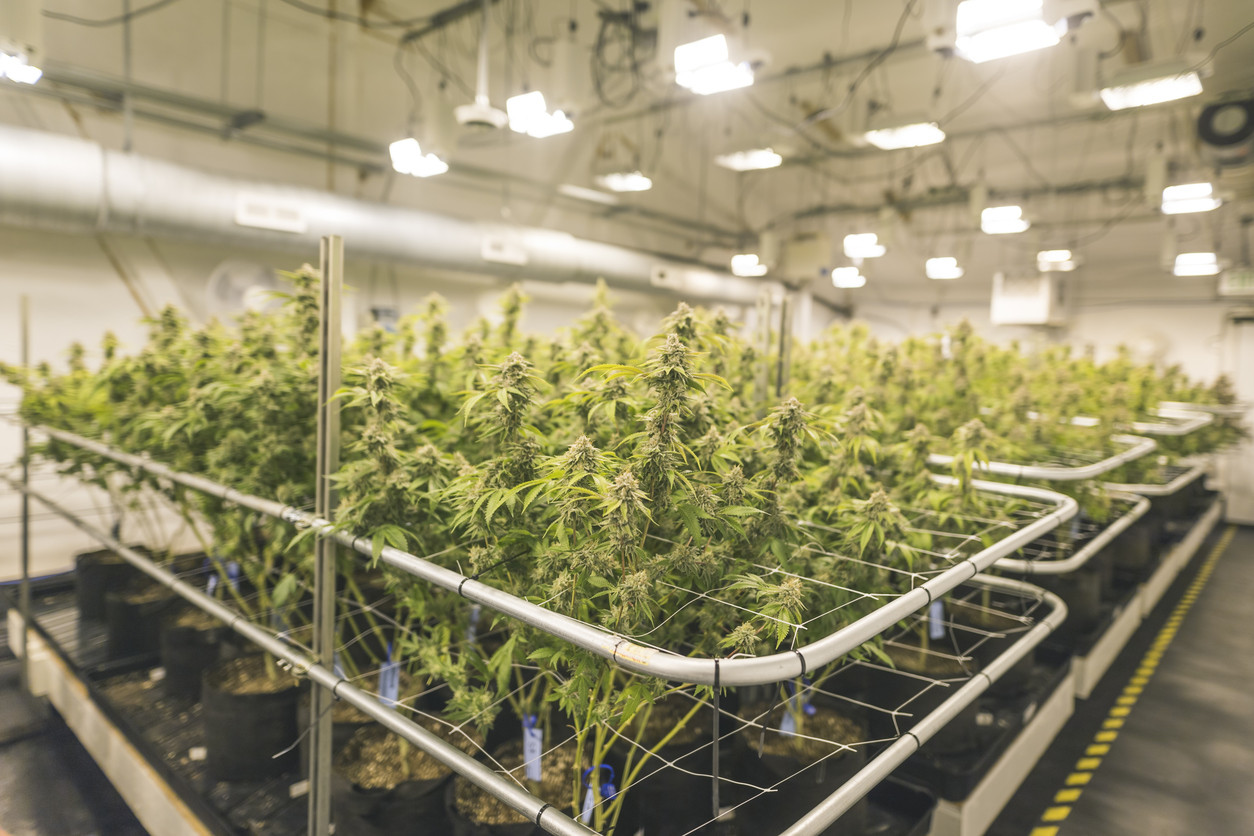Bill C-45 (an Act respecting cannabis and to amend the Controlled Drugs and Substances Act, the Criminal Code and other Acts), aka Canada’s proposed Cannabis Act, passed a major hurdle on November 27th — the third and final reading in Canada’s House of Commons and a send-off to Canada’s Senate for approval. Upon further senatorial scrutiny in the Red Chamber, that is.
The legislation was largely supported along partisan lines in the House of Commons (Liberals—yea; Conservatives—nay), but with the support of the NDP and the Green Party, the final vote was 200 MPs in favour and 82 against.
To enable the bill to pass, the Liberal government accepted three amendments requested by the Commons committee which studied the legislation. The government agreed to remove its plan to cap marijuana plants maintained in a person’s home to 100 centimetres tall, as this would have been too difficult to enforce. The government also accepted an amendment demanding regulations on edible cannabis products, one year from Bill C-45’s passage, and to review the bill in three years.
For supporters of the Cannabis Act, this is significant progress with a clear view to the finishing gate. Although partisan Conservative senators outnumber partisan Liberal senators 34 to 15 in the Red Chamber, 41 percent of the Senate is comprised of Independent Senators (ISG), with no loyalty to any party. However, according to CBC News analysis, ISG senators usually back the Liberal legislation.
Still, if you circled July 1 on your new 2018 calendar as the day when cannabis finally becomes legal across Canada, you may have to erase it. Shortly before Christmas—and likely responding the push from the Conservatives who wanted more time to deal with the legislation— Prime Minister Justin Trudeau re-set that specific July 1 date to a more vague timeline of “next summer.”


